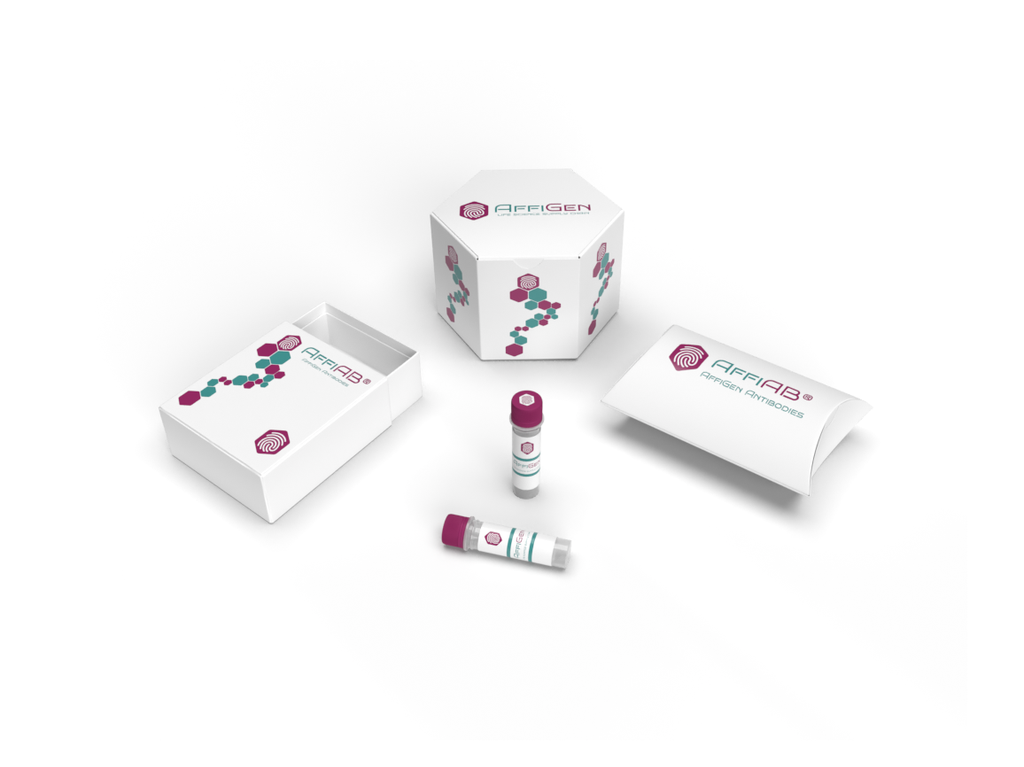AffiAB® Anti-PDI Antibody
Protein disulfide isomerase or PDI is an enzyme in the endoplasmic reticulum in eukaryotes that catalyzes the formation and breakage of disulfide bonds between cysteine residues within proteins as they fold. Another major function of PDI relates to its activity as a chaperone; i.e., it aids wrongly folded proteins to reach a correctly folded state without the aid of enzymatic disulfide shuffling. PDI has been found to be involved in the breaking of bonds on the HIV gp120 protein during HIV infection of CD4 positive cells, and is required for HIV infection of lymphocytes and monocytes.
Antibody type
Rabbit polyclonal Antibody
Uniprot ID
SwissProt: Q13087 Human
Recombinant
NO
Conjugation
Non-conjugated
Host
Rabbit
Isotype
IgG
Clone
N/A
KO/KD
N/A
Species reactivity
Human, Mouse
Tested applications
WB, IF-Cell, IHC-P
Predicted species reactivity
Rat
Immunogen
Synthetic peptide within residues of PDI aa 476-525 / 525.
Storage
Store at +4°C after thawing. Aliquot store at -20°C or -80°C. Avoid repeated freeze / thaw cycles.
Form
Liquid
Storage buffer
1*PBS (pH7.4) , 0.2% BSA, 40% Glycerol. Preservative: 0.05% Sodium Azide.
Concentration
1 mg/mL.
Purity
Immunogen affinity purified.
Signal pathway
N/A
Recommended dilutions
WB: 1:500-1:1, 000; IF-Cell: 1:200; IHC-P: 1:200
Molecular Weight
Predicted band size: 58 kDa
Subcellular location
Endoplasmic reticulum.
Positive control
Hela cell lysate, MCF-7 cell lysate, PANC cell lysate, HepG2 cell lysate, HUVEC cell lysate, NIH/3T3 cell lysate, L929 cell lysate, F9 cell lysate, Jurkat cell lysate, A431 cell lysate, A549 cell lysate, mouse liver tissue lysate, mouse kidney tissue lysate, mouse brain tissue lysate, Human kidney tissue lysate, Human brain tissue lysate, Human liver tissue lysate, HUVEC, A549, NIH/3T3, human lung carcinoma tissue, human colon carcinoma tissue.
